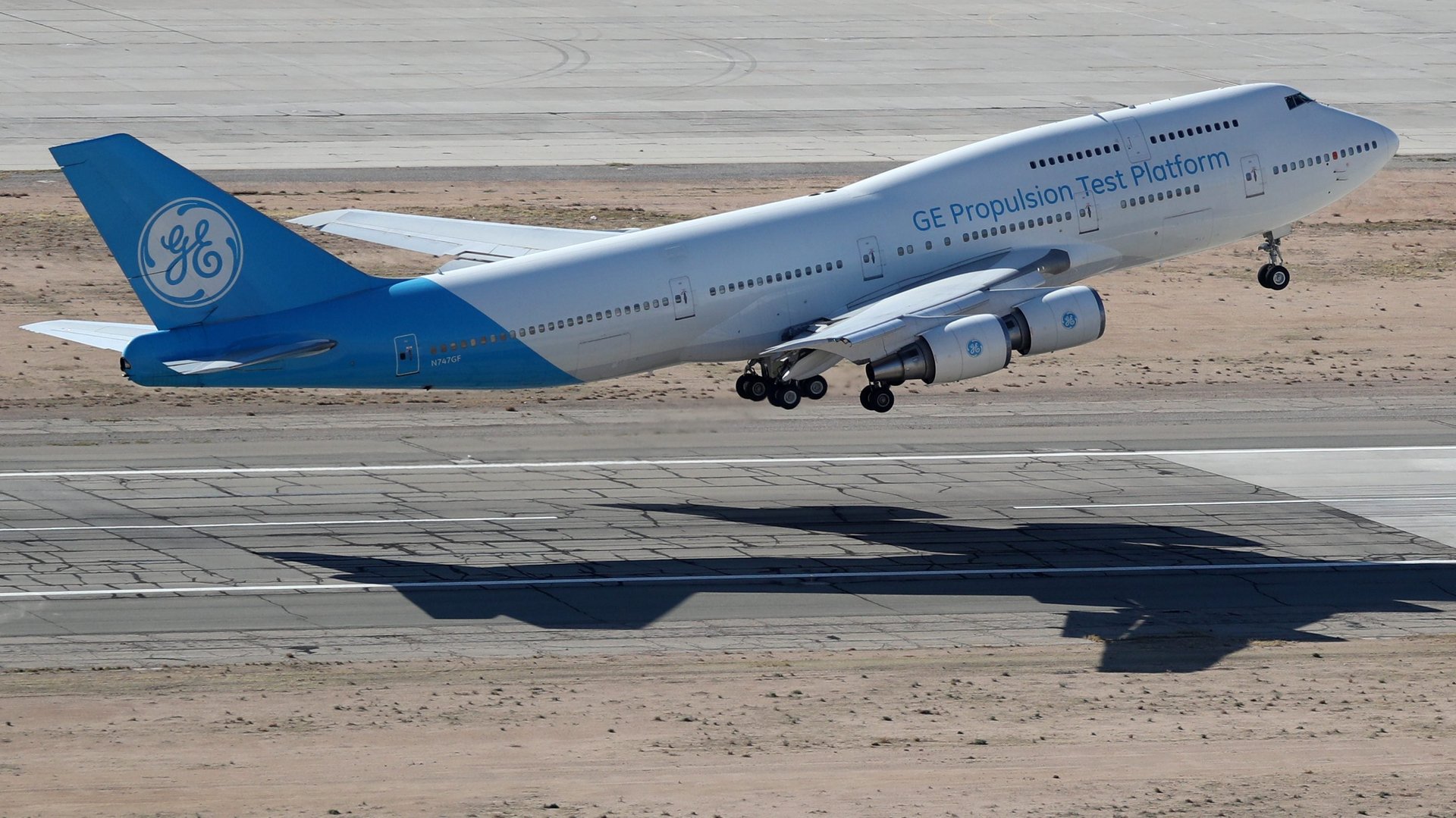General Electric is splitting into three companies
US industrial giant General Electric, once the world’s largest company by market size, is getting a lot smaller. The conglomerate will split into three separate businesses focused on healthcare, power, and aviation, the company announced today (Nov. 9).


US industrial giant General Electric, once the world’s largest company by market size, is getting a lot smaller. The conglomerate will split into three separate businesses focused on healthcare, power, and aviation, the company announced today (Nov. 9).
The health unit, which includes medical technology, pharmaceutical diagnostics, and digital solutions, will be spun off in early 2023. GE will retain a 19.9% stake in this company.
The energy business comprising of renewable energy, power, and digital businesses, will follow in 2024.
What’s left at the end will become GE Aviation. Even now, aviation—including the production of jet engines, aerospace systems, replacement parts as well as maintenance services for commercial, executive, and military aircraft—is the most profitable part of GE’s business.
“By creating three industry-leading, global public companies, each can benefit from greater focus, tailored capital allocation, and strategic flexibility to drive long-term growth and value for customers, investors, and employees,” GE chairperson and CEO H Lawrence Culp Jr said in a statement.
Shares of GE surged 15%.
GE’s never recovered from the 2008 financial crisis
The GE breakup was a long time coming.
General Electric was formed from the 1892 merger between the Thomson-Houston Company and the Edison General Electric Company. In the 1920s, the company started mass-producing electric home appliances. In the decades after, it developed vacuum technology that led to inventions like microwaves and radar systems. It supplied military equipment during World War II, and introduced the J-47, the world’s most produced jet with an “all-weather engine.”
Under the late Jack Welch in 1980s, GE grew even more rapidly, diversifying into financial services, entertainment, and more. For much of the early 2000s, GE was the largest firm by market value.
But the great recession revealed GE to be bloated and overly dependent on its financial services division. In the years after the 2008 financial crisis, the company was crushed under its debt.
Since then, it’s been shedding units. In 2013, GE exited the entertainment business, selling NBC to Comcast. In 2016, China’s Haier Corportation acquired GE’s appliances division. Most of its financial services arm has been shuttered.
But confidence in the once-great giant had waned. In 2018, the Dow Jones booted GE from its flagship index of 30 companies—after it had been one of the original members of the Dow Jones Industrial Average dating to 1896. The next three CEOs who followed Welch, including Culp, struggled to turn things around and the company lost half a trillion dollars in market value since peaking in 2000.
Is GE’s split a fix?
With the split, the company remains focused on reducing debt, improving operational performance, and strategically deploying capital to drive sustainable, profitable growth, said Culp, who also led the firm through the sale of its biopharma unit and aircraft leasing business sales in recent years.
GE is on target to have reduced its debt burden by more than $75 billion over three years by the end of 2021, the company said.